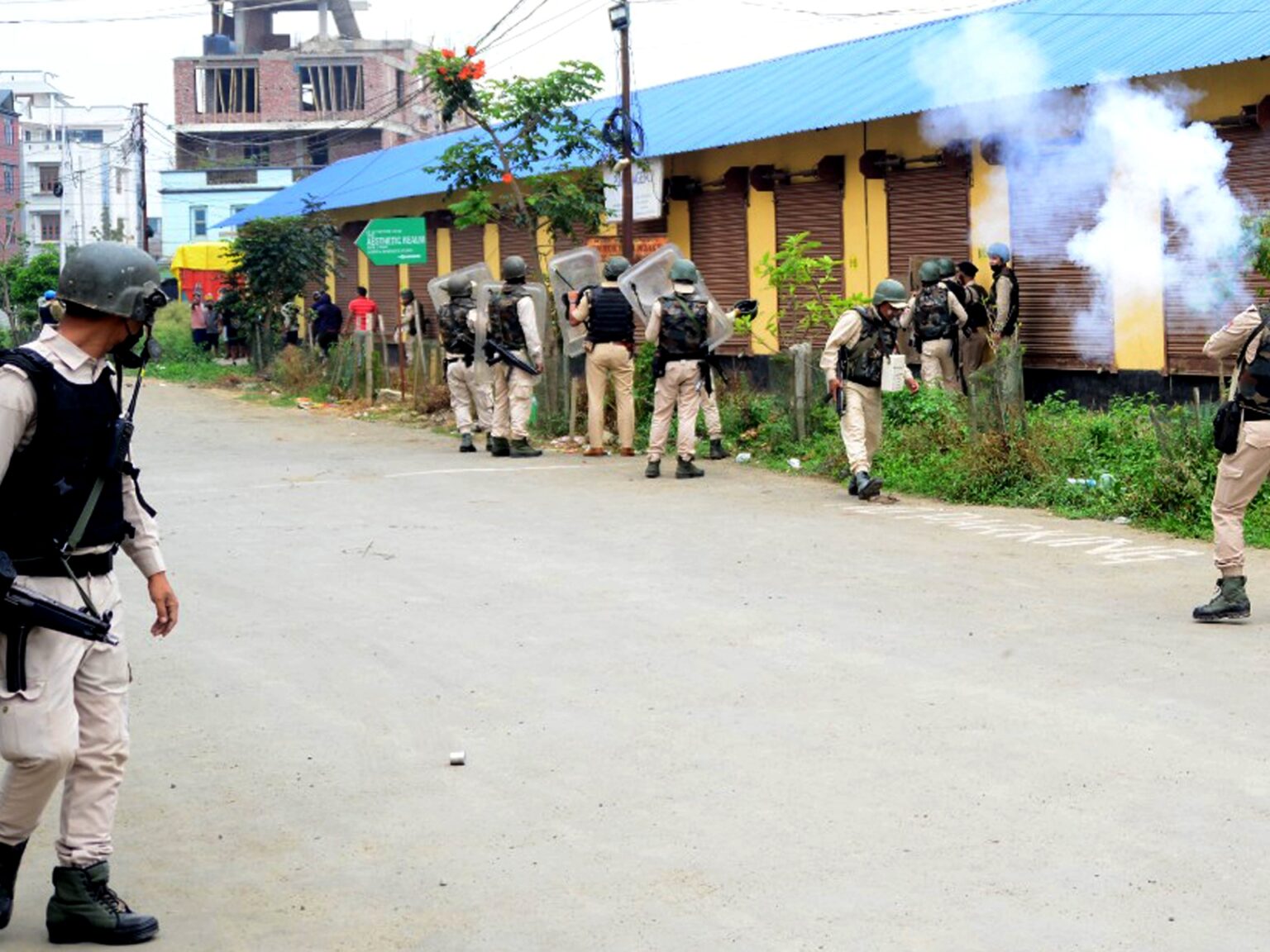New Delhi has deployed security forces to Manipur to try and put down ethnic unrest that began earlier this month.
Dozens of rebel fighters have been killed in clashes with security forces in India’s remote northeastern state of Manipur.
The state has been on edge since the explosion of inter-ethnic violence on May 3 between tribal groups and the ethnic majority Meitei people over plans to extend economic quotas to the Meitei.
Dozens were killed in the unrest and thousands were displaced.
On Sunday, Chief Minister N Biren Singh told reporters at least 40 fighters had been killed in a crackdown by security forces.
Two police had also been killed in the past two days of unrest, he added.
“The terrorists have been using M-16 and AK-47 assault rifles and sniper guns against civilians. They came to many villages to burn down homes,” local media quoted Singh as saying.
“We have started taking very strong action against them with the help of the army and other security forces. We have got reports that some 40 terrorists have been shot dead,” Singh was quoted as saying.
The far-flung states of northeast India – sandwiched between Bangladesh, China and Myanmar – have long been a tinderbox of tensions between different ethnic groups.
New Delhi rushed thousands of paramilitary and army troops to the state of 3.2 million people. It imposed a curfew after fighting erupted between the majority Meitei, who are mostly Hindus and live in and around the state capital Imphal, and the mainly Christian Kuki tribe from the surrounding hills.
Mobile internet in the area has been cut for weeks.
Most victims are believed to be from the Kuki community, with some of their villages and churches destroyed by Meitei mobs. But the Meitei were also targeted by the Kukis in some places.
The initial event leading to the clashes was Kuki anger at the prospect of the Meitei being given guaranteed quotas of government jobs and other perks in a form of affirmative action.
This also stoked long-held fears among the Kuki that the Meitei might also be allowed to acquire land in areas currently reserved for them and other tribal groups.


